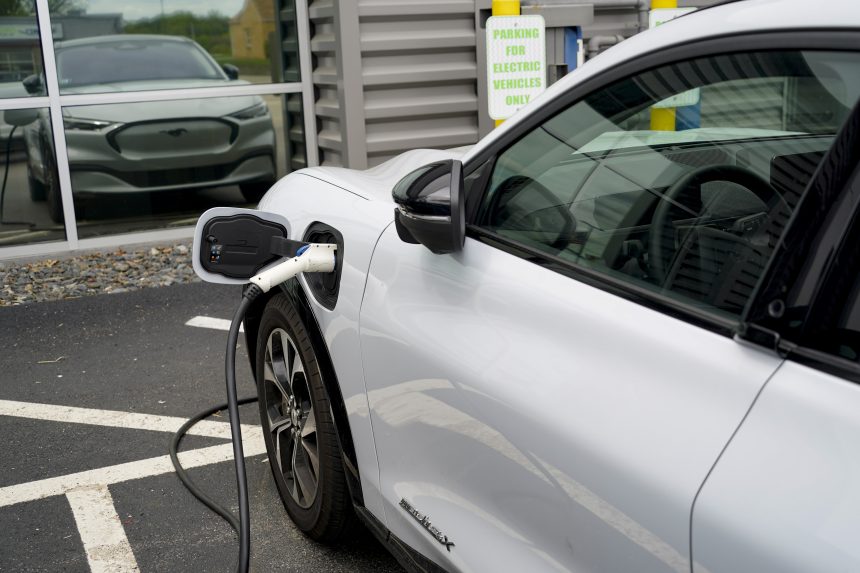A Seattle-based startup Recurrent is redefining the used EV market in a uniquely unexpected way, highlighting the current battery life and the future value of an EV. You can call it a mechanism for EVs that functions like the odometer in fuel-powered cars.
One fact we can agree on is that the used car market is growing as rapidly as the new car market. With the re-introduction of electric cars in the automobile industry, EVs are now also becoming part of the used car market as rapidly as more companies are focusing on producing EVs.
However, there is a problem associated with EVs in the used car market; the battery life is difficult to determine.
Unlike other parts of an EV, the battery is the most important, since the car runs on it. Meanwhile, the cost of replacement can exceed the price of the used EV. If not checked properly before purchase, could lead the buyer to pay more than the price of a new one in total expenses.
We help used EV buyers understand what they are getting into when it comes to vehicle range, and how that changes in different weather conditions and how that changes overtime as the car ages. The battery of an EV doesn’t wear down like your iPhone battery does. Your EV is not an iPhone on wheels.
Scott Case, CEO of Recurrent to CNBC
Recurrent does not use any hardware but software that analyzes a car recurrently on driving and charging methods, plus external forces like weather. The software sends the information to a central data center where it is compared with similar cars to determine which has a stronger battery and a higher value.
To connect to Recurrent, EV owners can use a Tesla or OnStar account. Dealerships can use this to compare two cars to potential buyers, which eventually would drive up the sale of EVs with better batteries.
The technology looks promising to investors, as currently, there is no competition in the US and possibly in the world. So far, Recurrent has raised $19.25 million from investors such as Wireframe Ventures, ArcTern Ventures, Powerhouse Ventures and EnerTech Capital.
The startup has approximately 20,000 drivers on the platform, and according to the CEO, has tripled its revenue from the past year.














